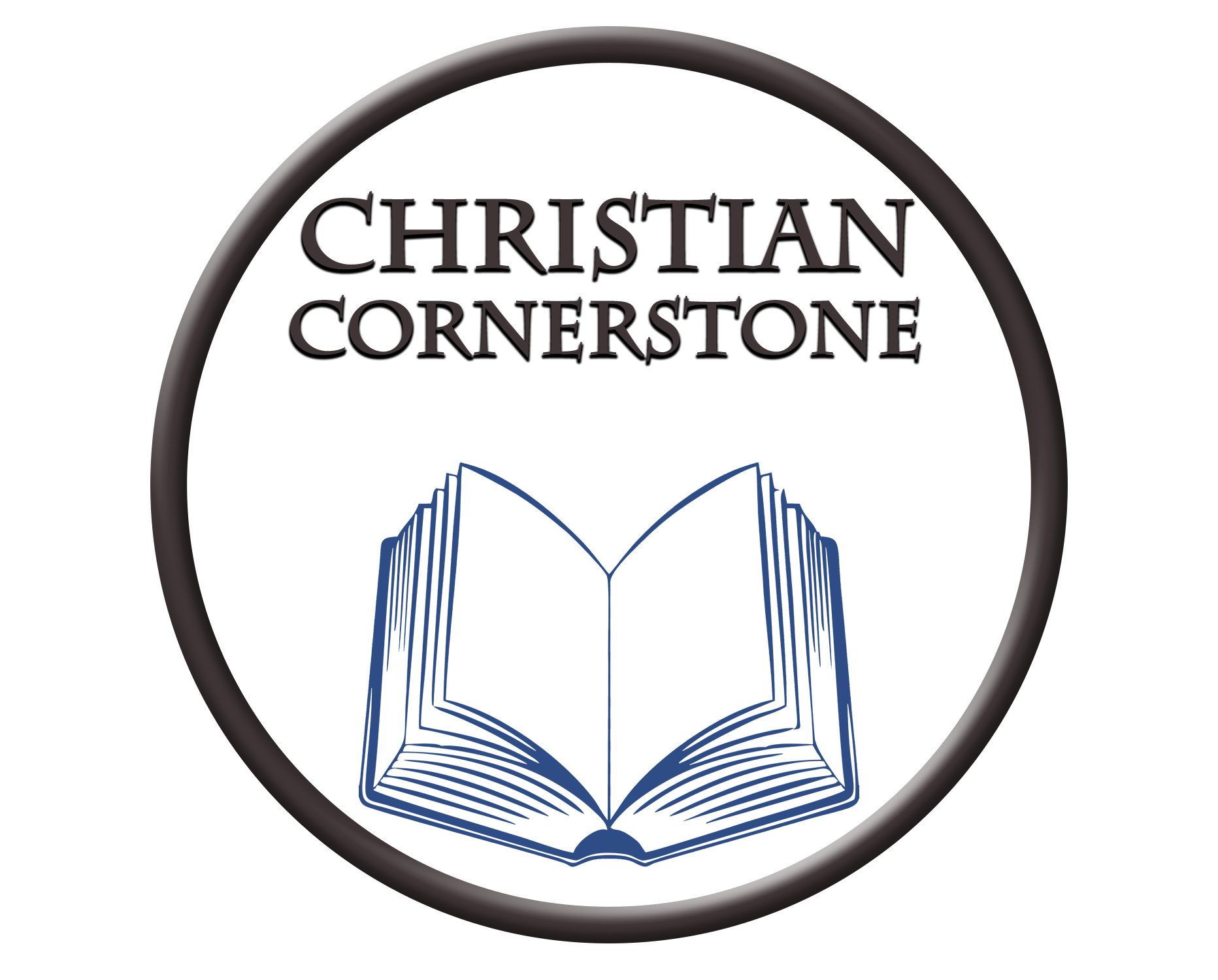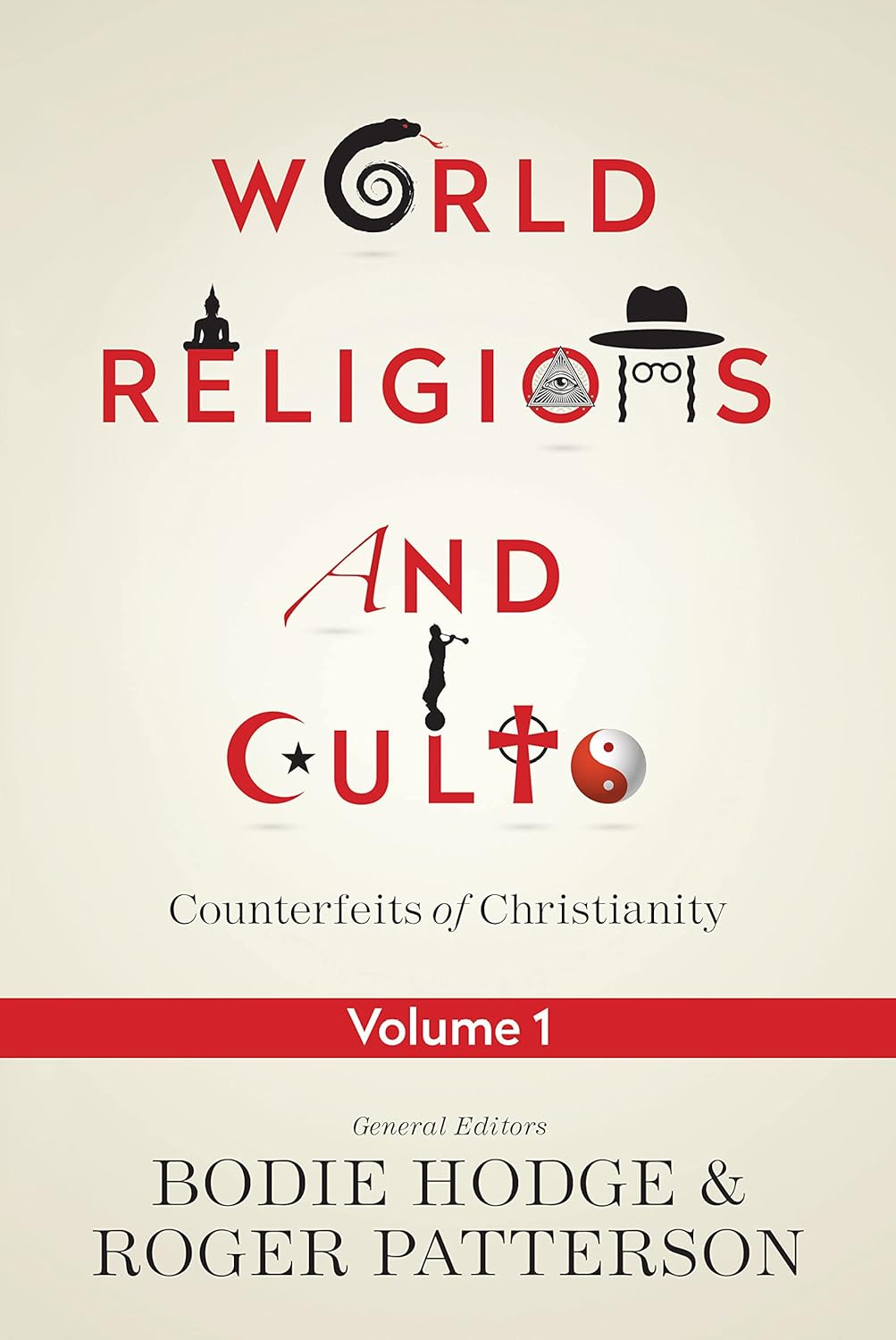The debate over whether Catholicism aligns with what some refer to as "biblical Christianity" has been ongoing for centuries. While both Catholics and Protestants consider themselves Christians and follow the teachings of Jesus Christ, there are significant differences in doctrine, practice, and interpretation of the Bible. This article aims to explain why Catholicism is not biblical Christianity by examining historical context, biblical texts, and the Roman Catholic Catechism.
1. Authority of Scripture
Biblical Christianity:
Biblical Christianity adheres to "sola scriptura," the doctrine that the Bible alone is the ultimate authority in all matters of faith and practice. This principle asserts that all teachings, traditions, and practices must be grounded in Scripture. For example, 2 Timothy 3:16-17 states, "All Scripture is God-breathed and is useful for teaching, rebuking, correcting and training in righteousness, so that the servant of God may be thoroughly equipped for every good work."
Catholicism:
The Catholic Church teaches that both Scripture and Sacred Tradition, as interpreted by the Magisterium (the teaching authority of the Church), are authoritative. The Catechism of the Catholic Church (CCC) states, "Sacred Tradition and Sacred Scripture make up a single sacred deposit of the Word of God" (CCC, 97). This dilutes the authority of Scripture by placing additional sources on par with the Bible, which contradicts biblical teachings.
2. Salvation
Biblical Christianity:
Biblical Christianity teach that salvation is by grace alone, through faith alone, in Christ alone. Ephesians 2:8-9 emphasizes, "For it is by grace you have been saved, through faith—and this is not from yourselves, it is the gift of God—not by works, so that no one can boast." This view holds that human works cannot contribute to salvation, which is a gift from God.
Catholicism:
The Catholic Church teaches that while grace is essential for salvation, it is dispensed through the sacraments and that faith must be accompanied by works. The Catechism states, "Justification includes the remission of sins, sanctification, and the renewal of the inner man" (CCC, 2019). This contradicts the biblical teaching of salvation by faith alone and adds human effort to the process of salvation.
3. The Role of Mary and the Saints
Biblical Christianity:
Biblical Christianity emphasizes a direct relationship with God through Jesus Christ, with no intermediary needed. 1 Timothy 2:5 asserts, "For there is one God and one mediator between God and mankind, the man Christ Jesus."
Catholicism:
The Catholic Church venerates Mary and the saints, teaching that they can intercede on behalf of believers. The Catechism states, "The intercession of the saints...is their most exalted service to God's plan" (CCC, 2683). Practices such as praying to saints or venerating relics are grounded in Scripture and detracting from the unique mediatory role of Christ.
4. The Sacraments
Biblical Christianity:
Biblical Christianity recognizes only two sacraments—baptism and the Lord's Supper (Eucharist)—which we believe were instituted by Christ and are symbolic acts of faith. Matthew 28:19-20 and 1 Corinthians 11:23-26 are often cited as the biblical foundations for these practices.
Catholicism:
The Catholic Church recognizes seven sacraments: Baptism, Confirmation, Eucharist, Penance (Confession), Anointing of the Sick, Holy Orders, and Matrimony. The Catechism explains, "The sacraments are efficacious signs of grace, instituted by Christ and entrusted to the Church" (CCC, 1131). These sacraments, such as Confession and Anointing of the Sick, lack clear biblical foundation and add unnecessary rituals to "christian" practice.
5. Papal Authority
Biblical Christianity:
Biblical Christianity rejects the concept of papal authority, holding that Christ alone is the head of the Church. Ephesians 1:22-23 states, "And God placed all things under his feet and appointed him to be head over everything for the church, which is his body, the fullness of him who fills everything in every way."
Catholicism:
The Catholic Church teaches that the Pope, as the successor of Saint Peter, holds a unique position of authority and infallibility when speaking ex cathedra (from the chair of Peter) on matters of faith and morals. The Catechism states, "The Roman Pontiff...has full, supreme, and universal power over the whole Church" (CCC, 882). This doctrine has no basis in Scripture and that it centralizes power in a way that is contrary to the biblical model of church leadership.
Conclusion
The differences between Catholicism and biblical Christianity are significant and multifaceted. While Catholics and Protestants share a common beliefs of Jesus Christ, their approaches to Scripture, salvation, sacraments, and church authority contradict in ways that we can conclude they are not the same religion.
1. Authority of Scripture
Biblical Christianity:
Biblical Christianity adheres to "sola scriptura," the doctrine that the Bible alone is the ultimate authority in all matters of faith and practice. This principle asserts that all teachings, traditions, and practices must be grounded in Scripture. For example, 2 Timothy 3:16-17 states, "All Scripture is God-breathed and is useful for teaching, rebuking, correcting and training in righteousness, so that the servant of God may be thoroughly equipped for every good work."
Catholicism:
The Catholic Church teaches that both Scripture and Sacred Tradition, as interpreted by the Magisterium (the teaching authority of the Church), are authoritative. The Catechism of the Catholic Church (CCC) states, "Sacred Tradition and Sacred Scripture make up a single sacred deposit of the Word of God" (CCC, 97). This dilutes the authority of Scripture by placing additional sources on par with the Bible, which contradicts biblical teachings.
2. Salvation
Biblical Christianity:
Biblical Christianity teach that salvation is by grace alone, through faith alone, in Christ alone. Ephesians 2:8-9 emphasizes, "For it is by grace you have been saved, through faith—and this is not from yourselves, it is the gift of God—not by works, so that no one can boast." This view holds that human works cannot contribute to salvation, which is a gift from God.
Catholicism:
The Catholic Church teaches that while grace is essential for salvation, it is dispensed through the sacraments and that faith must be accompanied by works. The Catechism states, "Justification includes the remission of sins, sanctification, and the renewal of the inner man" (CCC, 2019). This contradicts the biblical teaching of salvation by faith alone and adds human effort to the process of salvation.
3. The Role of Mary and the Saints
Biblical Christianity:
Biblical Christianity emphasizes a direct relationship with God through Jesus Christ, with no intermediary needed. 1 Timothy 2:5 asserts, "For there is one God and one mediator between God and mankind, the man Christ Jesus."
Catholicism:
The Catholic Church venerates Mary and the saints, teaching that they can intercede on behalf of believers. The Catechism states, "The intercession of the saints...is their most exalted service to God's plan" (CCC, 2683). Practices such as praying to saints or venerating relics are grounded in Scripture and detracting from the unique mediatory role of Christ.
4. The Sacraments
Biblical Christianity:
Biblical Christianity recognizes only two sacraments—baptism and the Lord's Supper (Eucharist)—which we believe were instituted by Christ and are symbolic acts of faith. Matthew 28:19-20 and 1 Corinthians 11:23-26 are often cited as the biblical foundations for these practices.
Catholicism:
The Catholic Church recognizes seven sacraments: Baptism, Confirmation, Eucharist, Penance (Confession), Anointing of the Sick, Holy Orders, and Matrimony. The Catechism explains, "The sacraments are efficacious signs of grace, instituted by Christ and entrusted to the Church" (CCC, 1131). These sacraments, such as Confession and Anointing of the Sick, lack clear biblical foundation and add unnecessary rituals to "christian" practice.
5. Papal Authority
Biblical Christianity:
Biblical Christianity rejects the concept of papal authority, holding that Christ alone is the head of the Church. Ephesians 1:22-23 states, "And God placed all things under his feet and appointed him to be head over everything for the church, which is his body, the fullness of him who fills everything in every way."
Catholicism:
The Catholic Church teaches that the Pope, as the successor of Saint Peter, holds a unique position of authority and infallibility when speaking ex cathedra (from the chair of Peter) on matters of faith and morals. The Catechism states, "The Roman Pontiff...has full, supreme, and universal power over the whole Church" (CCC, 882). This doctrine has no basis in Scripture and that it centralizes power in a way that is contrary to the biblical model of church leadership.
Conclusion
The differences between Catholicism and biblical Christianity are significant and multifaceted. While Catholics and Protestants share a common beliefs of Jesus Christ, their approaches to Scripture, salvation, sacraments, and church authority contradict in ways that we can conclude they are not the same religion.


